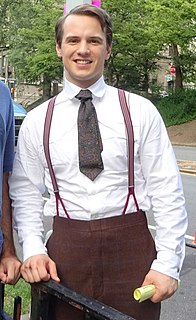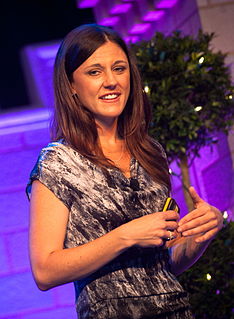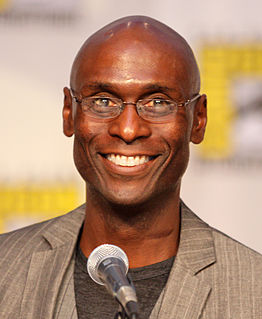A Quote by Vijay Seshadri
All ideas about identity, of course, fit perfectly into the social media wonderland we live in. They seem to really connect. There's a science-fiction aspect to our contemporary life. What's virtual, what's real.
Related Quotes
I do think that science fiction ideas are best expressed through visual media like film and TV. Realist literature depicts things that we have seen in life, but science fiction is different: what it depicts exists only in the author's imagination. When it comes to science fiction, the written word is inadequate.
Science fiction is the most important literature in the history of the world, because it's the history of ideas, the history of our civilization birthing itself. ...Science fiction is central to everything we've ever done, and people who make fun of science fiction writers don't know what they're talking about.
The major impediment to experiencing the sacred depths of ordinary moments is the speed and distraction of contemporary life that moves to the imperatives of the global economic order.In addition, we increasingly live in a virtual world in which our reality is filtered through media and information technology.
Any real virtual reality enthusiast can look back at VR science fiction. It's not about playing games... 'The Matrix,' 'Snow Crash,' all this fiction was not about sitting in a room playing video games. It's about being in a parallel digital world that exists alongside our own, communicating with other people, playing with other people.
The whole point is to take from our native culture and from contemporary culture without using one art form to mimic the other, so that our native identity remains the native identity, the contemporary identity remains the contemporary identity, and the mixing of these two musical identities creates a third musical identity.
I define science fiction as the art of the possible. Fantasy is the art of the impossible. Science fiction, again, is the history of ideas, and they're always ideas that work themselves out and become real and happen in the world. And fantasy comes along and says, 'We're going to break all the laws of physics.' ... Most people don't realize it, but the series of films which have made more money than any other series of films in the history of the universe is the James Bond series. They're all science fiction, too - romantic, adventurous, frivolous, fantastic science fiction!
You look at science fiction and look how often it talks about being alien, being alienated about the other. Look at the number of blue people - 'Avatar,' I'm looking at you. And it is now easier to find people of color in science-fiction literature and media, but the issues of representation are still really, really troubling.






































